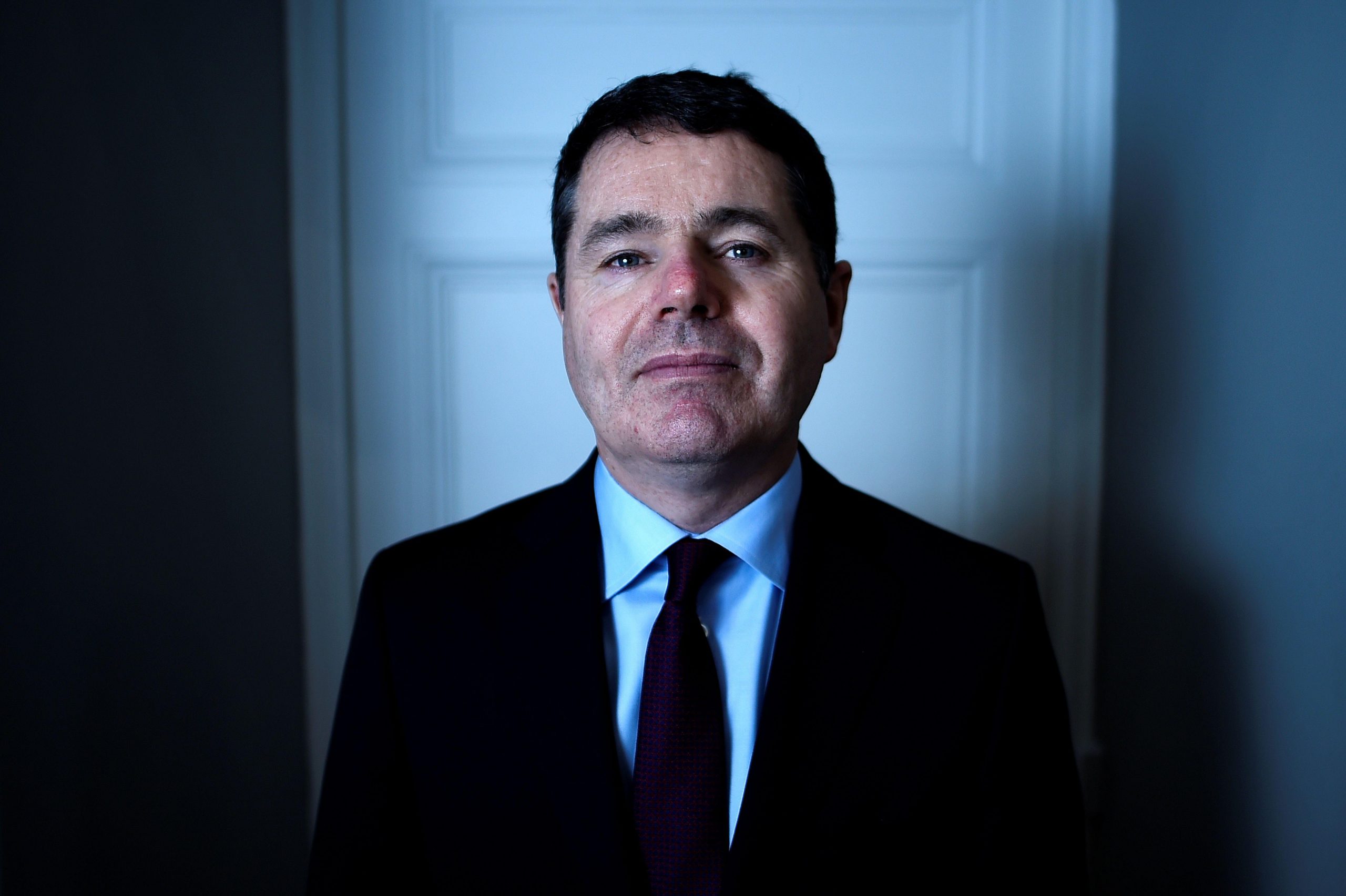Paschal Donohoe has been occupying the same physical office on the ground floor of the Department of Finance since July 2017. And it clearly shows. Yes, the office carries the usual, expected, formalities of state. But it is highly personalised to own Donohoe’s own distinctive taste and character. Books are everywhere. On his desk. On his coffee table. On his floor. A copy of Budget 2023 sits on a copy of Ulysses. Besides them is Saving the State: Fine Gael from Collins to Varadkar, a book that tells the story of Donohoe’s own party through the prism of its leaders. The walls…
Cancel at any time. Are you already a member? Log in here.
Read on for just €1
For a limited time, get your first month for €1 and unlock full access to The Currency and The Wall Street Journal – two premium memberships, one subscription.

